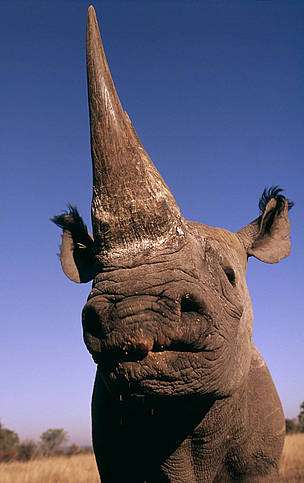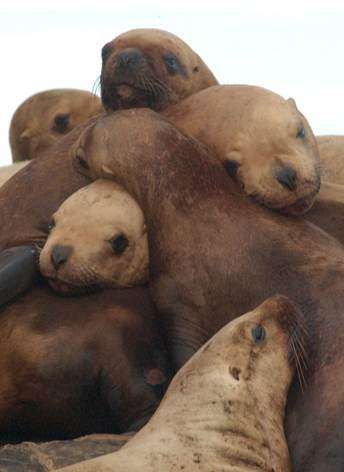Efforts to conserve Kenya's dwindling population of rhinos is set to get a significant boost when WWF-Kenya hands over 1,000 microchips and 5 scanners to the Kenya Wildlife Service (KWS) today. The equipment valued at over KES 1.3 million will be instrumental in strengthening active rhino monitoring.
Vital to outsmarting the poachers who are getting more sophisticated in their approach, the deployment of specialized rhino horn tracking systems will allow for 100% traceability of every rhino horn and live animal within Kenya.
In addition, forensic DNA technology will serve to strengthen rhino monitoring further, to protect the animals on site and also support anti-trafficking mechanisms nationally and regionally.
Furthermore, investigators will be able to link any poached case to a recovered or confiscated horn and this forms crucial evidence in court contributing towards the prosecution's ability to push for sentencing of a suspected rhino criminal.
At a continental and worldwide level, these technologies will expose the rhino horn trade chain and facilitate the dismantling of the networks that promote and sustain the International Wildlife Trade.










Be the first to comment